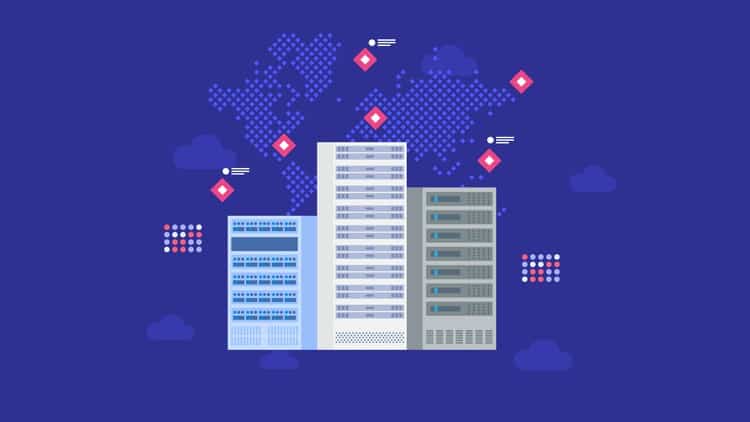- Регистрация
- 27 Авг 2018
- Сообщения
- 37,320
- Реакции
- 524,408
- Тема Автор Вы автор данного материала? |
- #1

- Deeply understand how MongoDB works - cursor, batch size, iterator
- Launch production database on the Atlas MongoDB - managed cloud-based MongoDB database
- Install and configure production MongoDB on the dedicated or virtual private server
- Understand and use different MongoDB BSON types - ObjectId, ISODate, NumberInt etc.
- Learn how to use MongoDB Shell, Robo 3T (Robomongo), MongoDB Compass for database management
- Perform different kinds of update operations using operators $set, $rename, $addToSet, $push, $inc etc
- Use different kinds of queries and query operators like $in, $eq, $regex, $elemMatch etc.
- Easily combine different aggregation stages like $match, $group, $unwind
- Understand purpose of the indexes and create indexes
- Use backup and restore tools - mongoexport, mongoimport, mongodump and mongorestore
- Basic computer knowledge and of course Mac or PC
- Free Software: MongoDB, Robo 3T(Robomongo), Mongo Compass
Learn how MongoDB works behind the scenes. Course will be focused purely on MongoDB and MongoDB Shell. No external drivers or libraries.
1. You will start from the installation of the MongoDB.
Installation will be performed on the:
- Local computer Mac or PC
- Dedicated or VPS server
- MongoDB Atlas - Cloud MongoDB Software as a Service
You will also install graphical interfaces for MongoDB management:
- Robo 3T (previously Robomongo)
- MongoDB Compass
2. Learn how to work in MongoDB Shell. We will discuss and explore JavaScript Engine that is used in MongoDB.
3. Study primary MongoDB data types - Strings, Numbers, Arrays, Objects, Dates etc. We will talk about JSON and BSON data types and discuss difference between them.
4. Perform all sorts of CRUD (Create, Read, Update and Delete) Operations.
5. Study in-depth MongoDB queries and query language. Different query operators such as $or, $and, $lt, $gt, $type, $in will be deeply covered.
6. MongoDB Aggregation framework
7. MongoDB Indexes and Utilities
Who this course is for
- Developers who use or are planning to use MongoDB in their projects
- Full-stack developers
DOWNLOAD:



